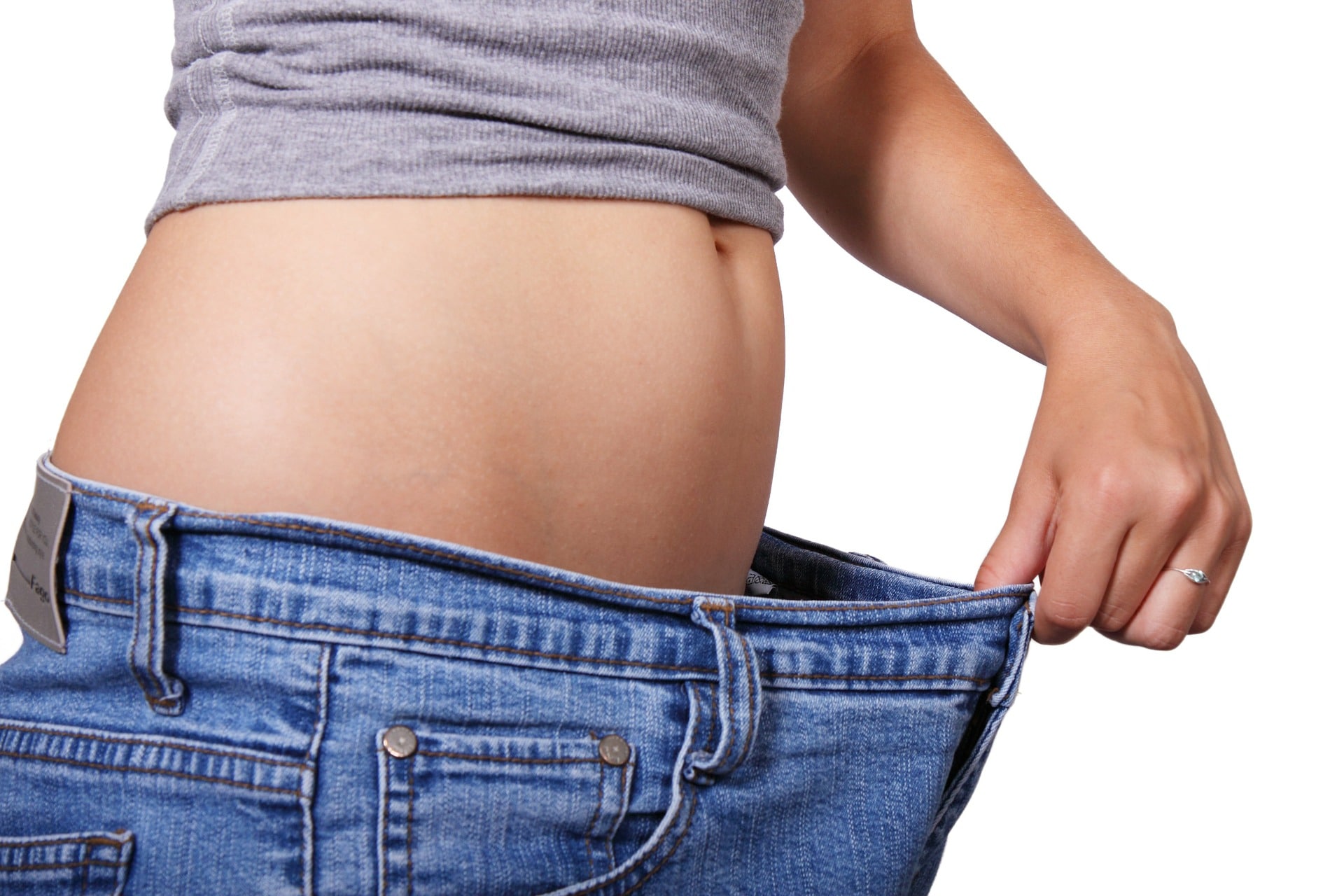So you’ve had that annoying little “problem” area that just won’t budge no matter how much you exercise or how disciplined you are with your diet. If you’re a woman, it is most likely on your outer thighs or hips; if you are a man, maybe it is your waist or back.
That being said, it could also be on your face, neck, legs, upper arms, or buttocks, because we all have an area that won’t contour itself the exact way we would like.
Luckily for us who are living in the 21st century, we have liposuction! And not just liposuction, we have safe and effective liposuction that is less painful than ever before.
If you’re planning on getting the procedure done, here are three essential things to consider before booking an appointment for liposuction.
First and foremost, you must determine if liposuction is the right procedure for you. No matter how competent the doctor, the only way for a surgical experience to be a success is if it is appropriate for you and your needs.
Usually, for liposuction, the ideal candidate:
- Is at or near their ideal body weight— Remember: liposuction is not a weight loss procedure; it is recommended for patients who are trying to eliminate stubborn deposits of fat
- Has realistic expectations for the operation and understands what liposuction entails
- Does not smoke
- Is prepared to follow doctor’s instructions fully
- Has sound mental health
- Is not allergic to anesthesia or other medications
If you are unsure if liposuction is the correct procedure for you, don’t hesitate to reach out to the best liposuction doctor in Dubai to arrange for a consultation.
Despite how it’s often represented, the optimal results of the best fat removal procedure will not be visible until about three months after the original liposuction procedure. While every patient’s body is different, most likely, your body will undergo some severe swelling while it adjusts to the changes.
When it comes to liposuction, swelling is inevitable. However, the location of your procedure and the doctor you choose (see #5) will play a significant role in the severity of the swelling.
In fact, you might even gain weight after getting the procedure. This is because liposuction removes fat, but does not change your overall weight, and the fluids and swelling from the operation often weigh more than the original fat! However, three to four months later, the swelling should have subsided, and you’ll be ready to show your more-contoured physique to the world.
If, after considering these questions, you still want to go through with liposuction then it is time to find an experienced and knowledgeable plastic surgeon. Don’t be fooled by empty promises of drastic changes, low costs or the latest in technology. Instead, choose a doctor with a long track-record of success and with whom you feel nothing but trust.
The right plastic surgeon will be honest with you about what treatment is appropriate for you and your body, and will set realistic expectations for the procedure. Make sure you go to a doctor who performs multiple kinds of liposuction, so you know that they’re recommending the right one for you and your body.
Ask around your community, both in-person and online, for recommendations and reviews from other patients, so you genuinely understand on whose operating table you’ll be lying on. There’s no substitute for actual hands-on experience with liposuction, and don’t let any “doctor” convince you otherwise.
For many people, liposuction completely changes their life. However, it isn’t a complete miracle worker. It will not get rid of cellulite or stretch marks, nor will it treat obesity. You should never consider getting liposuction as “cheating” your way to a perfect body, just as you shouldn’t believe that it is a quick fix to a six-pack! Instead, healthy habits after liposuction are the key to preventing future weight gain and more “problem” areas.

